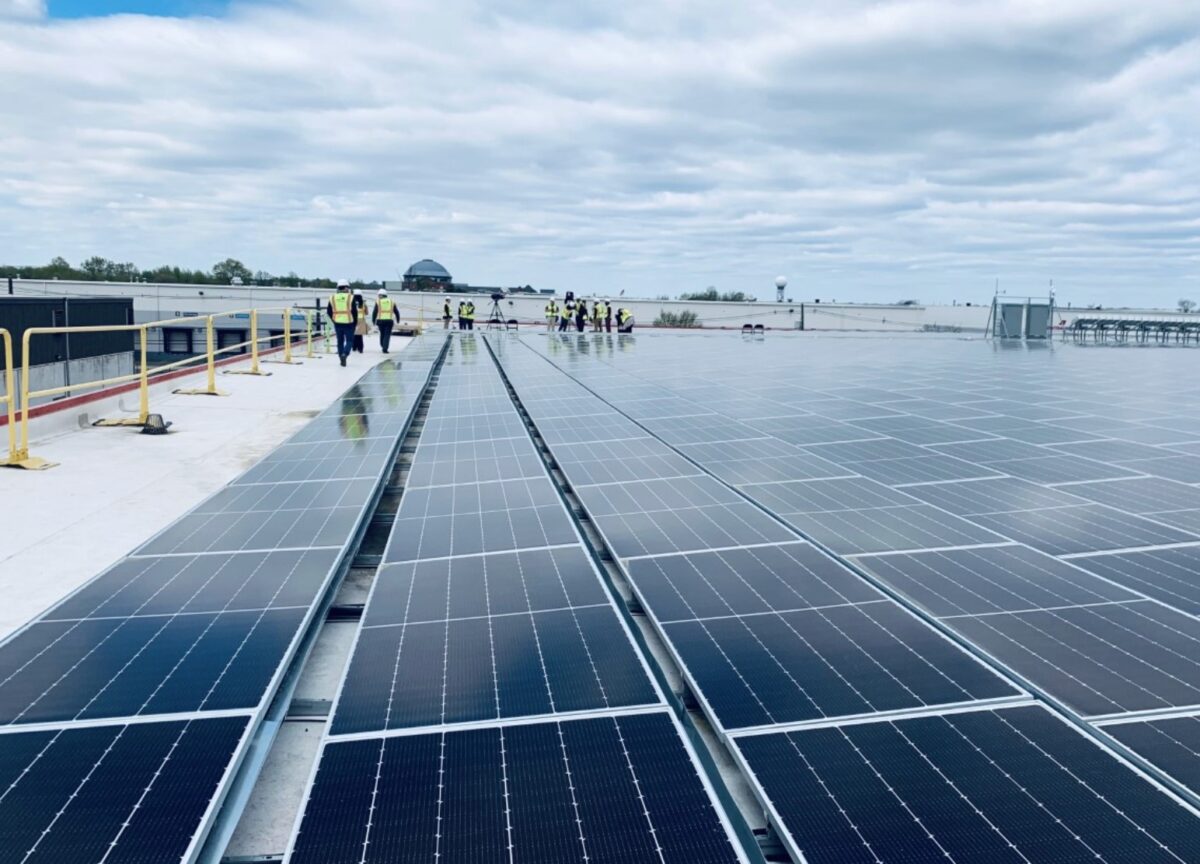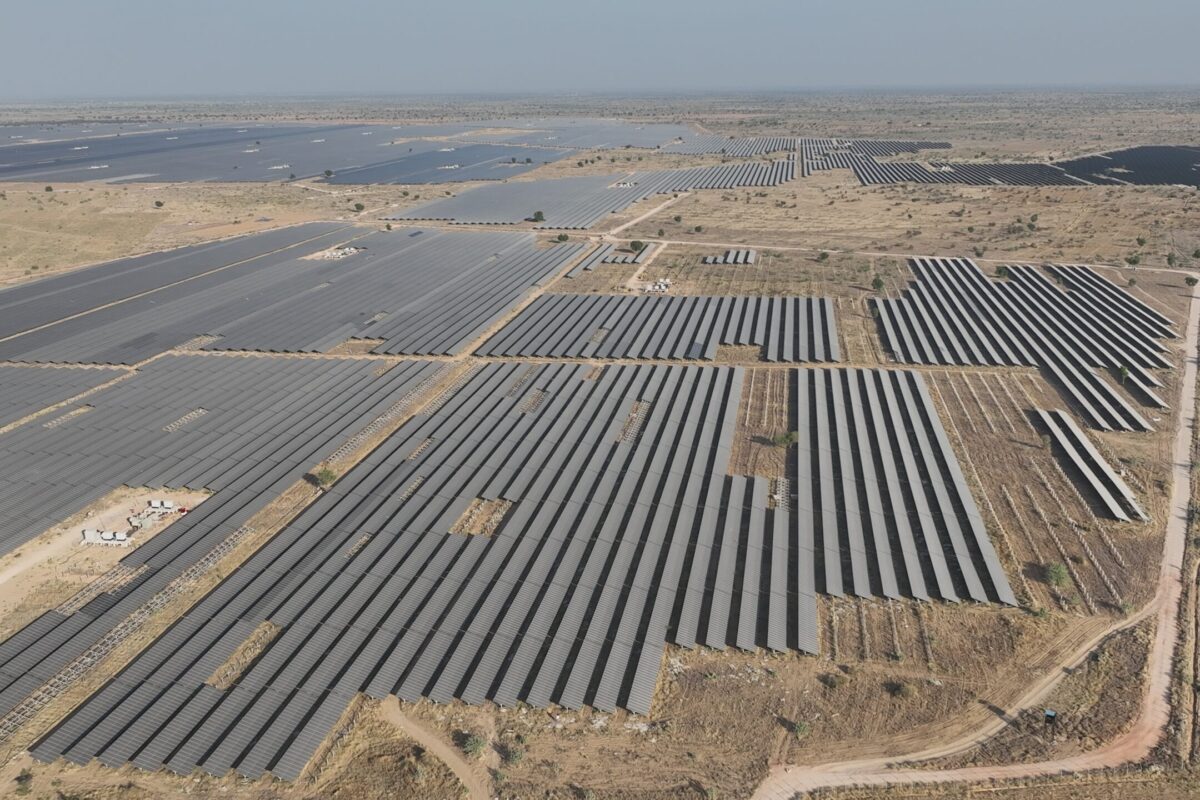From pv magazine USA
Qcells, a South Korean solar manufacturer with facilities in the United States and Malaysia, has announced the launch of EcoRecycle by Qcells, with its first recycling operation planned for Cartersville, Georgia.
At full capacity, EcoRecycle’s first facility will have the ability to recycle approximately 250 MW of solar panels annually, or approximately 500,000 panels per year, the company reports. Qcells is planning to produce 3.3 GW of solar modules in Cartersville, Georgia.
“With this new business, Qcells will emerge as the first-ever crystalline silicon (C-Si) solar panel producer to possess a full value chain, conducting both solar panel manufacturing and recycling on US soil,” said Kelly Weger, senior director of sustainability at Qcells. “Effectively managing solar waste is essential to ensure the long-term sustainability and resilience of the clean energy sector.”
EcoRecycle will remove aluminum, glass, silver and copper from used solar modules and process them for re-use. The Cartersville plant is the first many recycling plants, as Qcells announced plans to go nationwide.
EcoRecycle is focusing on three key initiatives:
- Offering a cost-saving take-back service with low recycling fees, ensuring seamless, affordable and responsible solar panel disposal.
- Advancing proprietary high-purity resource separation technology to maximize material recovery, reuse and sustainability in solar recycling.
- Reducing carbon emissions in solar panels production through the use of recycled resources, strengthening the domestic supply chain and promoting a circular solar economy.
“As the U.S. moves towards a more sustainable and self-reliant solar industry, EcoRecycle by Qcells is committed to pioneering innovative recycling technologies that not only reduce environmental impact, but also create economic opportunities,” said Jung-Kwon Hong, head of Qcells manufacturing group. “Through strategic investments and cutting-edge solutions, we are positioning ourselves as a leader in the circular economy, ensuring that solar energy remains a truly renewable and responsible power source.”
With many PV systems now starting to reach their end of life, there is growing concern about what happens to solar panels when they are no longer useful. The US market is expected to have the second-largest number of decommissioned panels in the world, with as many as an estimated 10 million total tons of panels, according to the EPA.
Solar recycling facilities are proliferating around the country, in step with the states that are enacting legislation to mandate solar recycling. For example, Texas, the fastest growing solar state, which is expected to add 41 GW of solar over the next five years, recently passed a bill that requires recycling for decommissioned solar and wind projects.
This content is protected by copyright and may not be reused. If you want to cooperate with us and would like to reuse some of our content, please contact: editors@pv-magazine.com.









By submitting this form you agree to pv magazine using your data for the purposes of publishing your comment.
Your personal data will only be disclosed or otherwise transmitted to third parties for the purposes of spam filtering or if this is necessary for technical maintenance of the website. Any other transfer to third parties will not take place unless this is justified on the basis of applicable data protection regulations or if pv magazine is legally obliged to do so.
You may revoke this consent at any time with effect for the future, in which case your personal data will be deleted immediately. Otherwise, your data will be deleted if pv magazine has processed your request or the purpose of data storage is fulfilled.
Further information on data privacy can be found in our Data Protection Policy.